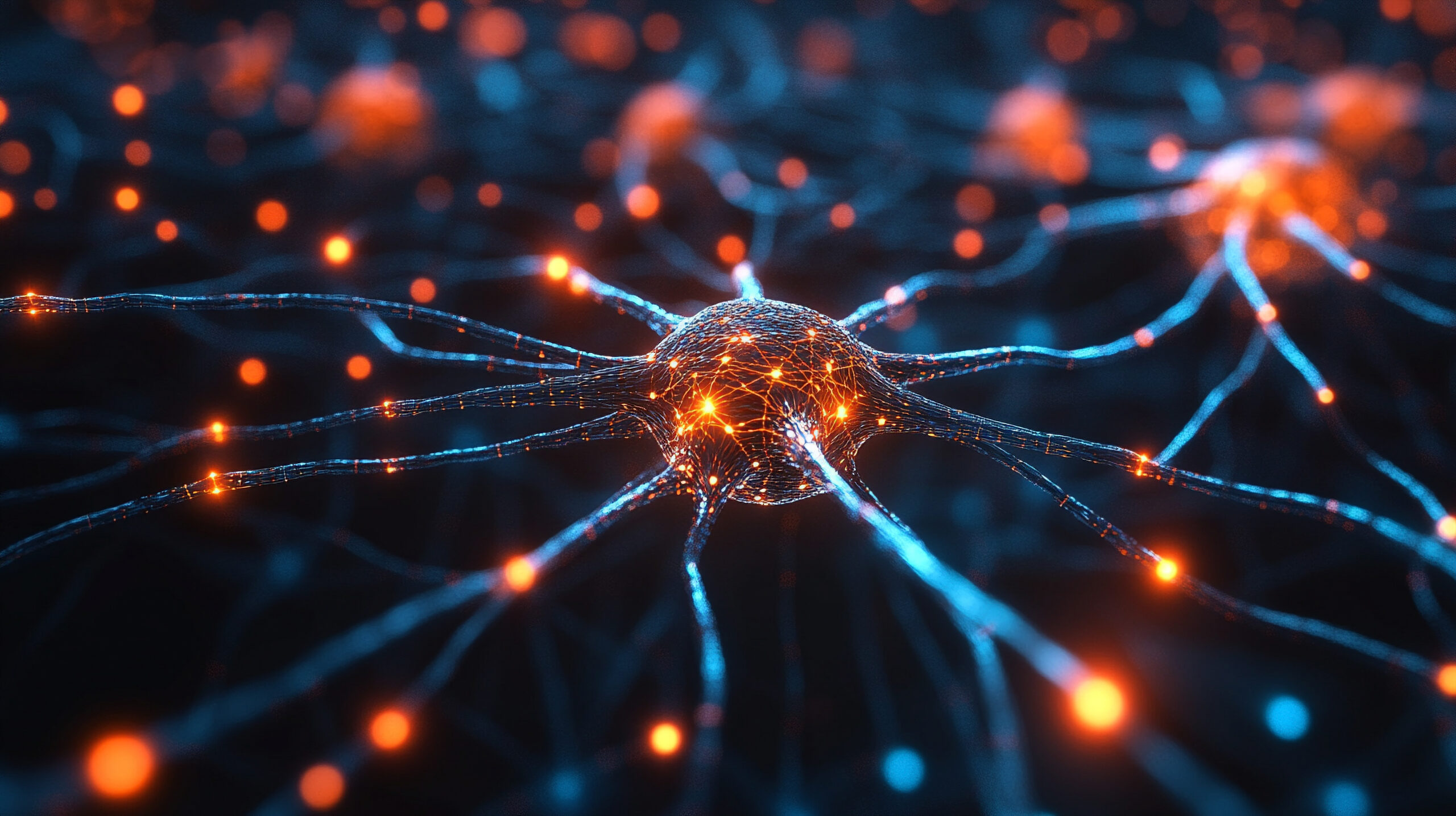
AI-generated summary
Artificial Intelligence (AI), particularly Embodied AI—where AI systems have a physical presence and interact tangibly with the world—is revolutionizing sectors like healthcare, automation, and human-technology interaction. At the Fundación Innovación Bankinter’s Future Trends Forum, experts including Ginevra Castellano, Director of the Uppsala Social Robotics Lab, highlighted the crucial role of trust and ethics in integrating social robots into society. Castellano’s research explores how social robots can benefit education and mental health without fostering unhealthy dependencies or ethical risks. For example, robots like Emys enhance creativity in children by eliciting positive emotions, while studies show children tend to trust less human-like robots more, raising questions about maintaining healthy boundaries and ensuring adult supervision in educational contexts.
In mental health, social robots show promise in supporting early detection of conditions such as perinatal depression, especially in areas lacking sufficient healthcare access. However, ethical concerns remain about overreliance on robots potentially replacing human care. Castellano stresses the importance of transparency, human oversight, and user-centered design to balance usefulness with risks like excessive emotional attachment. Looking forward, social robots could personalize education, aid mental health support, assist elder care, and improve accessibility, but their deployment must be guided by robust ethical frameworks. Ultimately, responsible innovation, grounded in societal values and ethical considerations, is essential to harness the transformative potential of social AI for the common good.
Social AI has the potential to transform education, healthcare, and mobility. Ginevra Castellano explores how to build trust in human-robot interaction and the ethical challenges posed by this emerging technology
Artificial Intelligence (AI) is transforming industries, automation, healthcare—and the way humans interact with technology. In this shift, Embodied AI plays a pivotal role. It’s not just about data-driven systems and algorithms; it’s about AI with a physical presence, capable of interacting with the world in tangible ways and creating real impact in our daily lives.
At the Fundación Innovación Bankinter’s Future Trends Forum on Embodied AI, over 40 international experts explored this transformation. Among them was Ginevra Castellano, Professor and Director of the Uppsala Social Robotics Lab, who shared her perspective on the critical role of trust in human-robot interaction and how social AI can be used for the common good. Her research addresses a key question: how can we ensure that social robots create real benefits without fostering dependency or raising ethical concerns?
From education to mental health, social robots have the potential to improve lives. However, Castellano emphasizes that their integration into society must go beyond technological efficiency—it requires deep reflection on their long-term impact.
You can watch Ginevra Castellano’s talk here:
Ginevra Castellano: “Social robots in education” #EmbodiedAIForum
Social Robots in Education: More Than Just Technological Assistants
One of the areas where social robots have shown the most promise is education. Recent research reveals that robots can enhance learning in STEM subjects, support second-language acquisition, and improve reading comprehension in children. But Ginevra Castellano poses a fundamental question: what does it really mean for a robot to be beneficial in education?
At her lab, several experiments have been conducted with robots designed to support teaching. One such project involves Emys, a robot capable of expressing emotions and engaging in interactive activities with primary school children. The results are striking: when Emys induces positive emotions in students, their creativity significantly increases during storytelling tasks.
Another study, led by Castellano, investigated how the Furhat robot (by Furhat Robotics) affects children’s trust. The team examined whether children would confide in a social robot. A key finding: children tend to trust robots more when they appear less human.
This raises an important ethical dilemma: is there a point at which children trust robots too much? How can we ensure that trust remains healthy and doesn’t replace essential human interactions?
Castellano stresses the need for adult supervision in educational robot use. Technology can enhance learning—but it must never replace teachers or create overdependence in young learners.
Robots and Mental Health: Detecting Perinatal Depression
Social robots may also play a key role in mental health. One project by Castellano’s team explores using robots to support the early detection of perinatal depression—a condition affecting up to 20% of women during or after pregnancy.
Diagnosing this disorder requires clinical expertise, but in many regions, the lack of qualified mental health professionals means up to 70% of cases go undetected. This led researchers to ask: could a robot help raise awareness and identify early signs of perinatal depression?
To answer this, they interviewed psychiatrists, gender studies scholars, mental health experts, and women with lived experience. Responses were mixed:
- Some women said a robot would help them open up without fear of judgment.
- Others saw robots as valuable awareness tools in places with limited healthcare access.
- But some worried that relying on robots would reinforce the lack of human care and increase feelings of abandonment.
The study concluded that robots can be helpful tools—but only when paired with appropriate human supervision.
Ethics and Trust in Social Robots
Trust in social robots is a critical issue. Humans are capable of forming emotional bonds with machines, but Castellano warns: we must ask whether these bonds are always healthy.
Some of the key ethical challenges in human-robot interaction include:
- Transparency and Human Oversight
Robots must clearly communicate their capabilities and limitations, and their use must be guided by professionals. - User-Centered Ethical Design
Different users react differently to technology. What benefits one group may not benefit another. - Balancing Usefulness and Risk
Robots can foster trust—but also dependence. Boundaries must be defined to prevent overreliance.
Designing robots that inspire trust—without creating excessive emotional attachment—is especially important for vulnerable users like children or the elderly.
The Future of Human-Robot Interaction
Castellano’s research makes it clear: social robots hold tremendous promise, but their integration into society must be approached responsibly.
Looking ahead, we can expect innovation in areas like:
- Personalized Education: Robots that adapt to students’ learning styles and boost creativity through interactive storytelling and emotional engagement.
- Mental Health: AI systems that support early detection of conditions like perinatal depression, especially for those reluctant to seek human help.
- Elder Care: Robots that improve quality of life for older adults by offering companionship and assistance with daily tasks—like those developed by Dor Skuler.
- Autonomous Transport: Trust-based interaction models between humans and self-driving vehicles, aligned with users’ comfort levels.
- Accessibility and Social Support: Robots that aid communication and mobility for people with disabilities, promoting greater independence.
But these innovations demand a robust ethical framework. Castellano emphasizes: designing AI for the common good is not just about advanced technology—it’s about understanding what robots should and should not do in our society.
The ethical debate around social AI is more relevant than ever. Human-robot interaction is not just a technical issue—it’s a philosophical and societal one. Where do we draw the line between utility and dependency? How do we ensure these systems truly benefit society?
For Castellano, the answer lies in balancing innovation with responsibility. Social AI can transform lives—but only if guided by clear principles that ensure a positive, inclusive impact.



